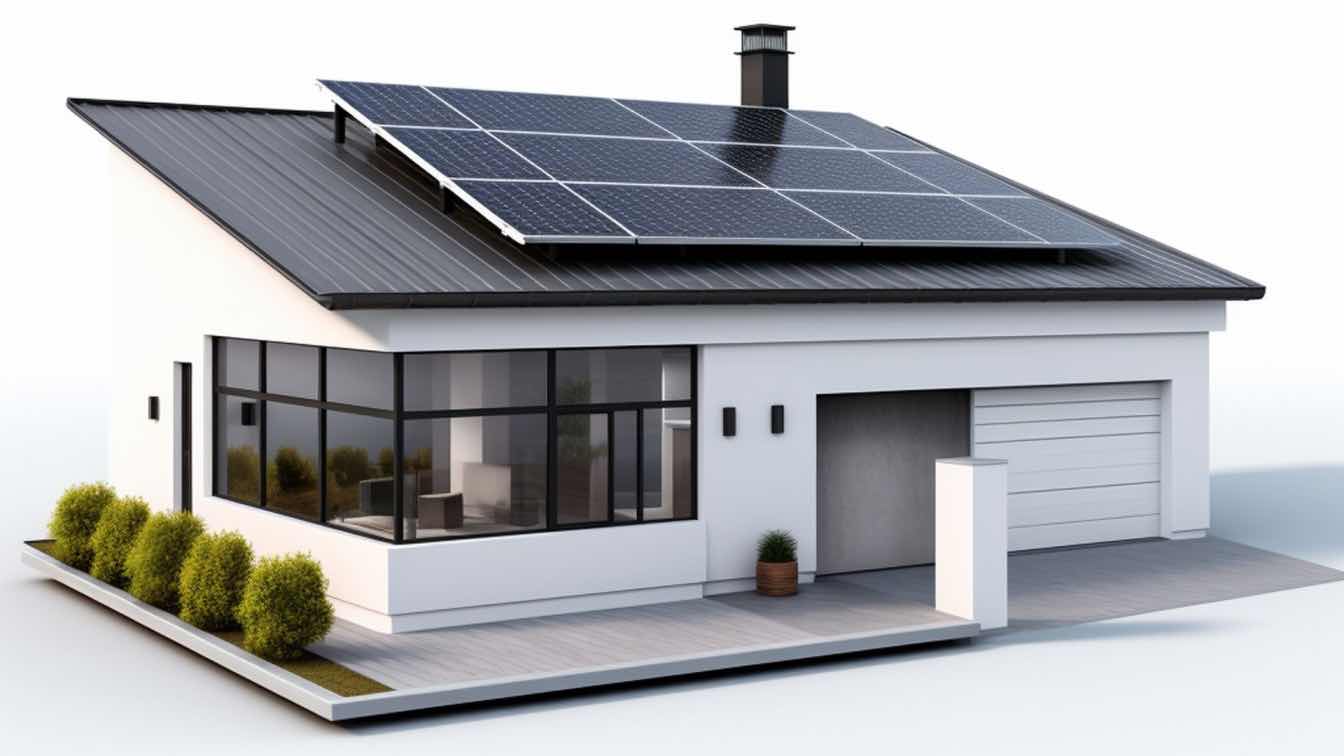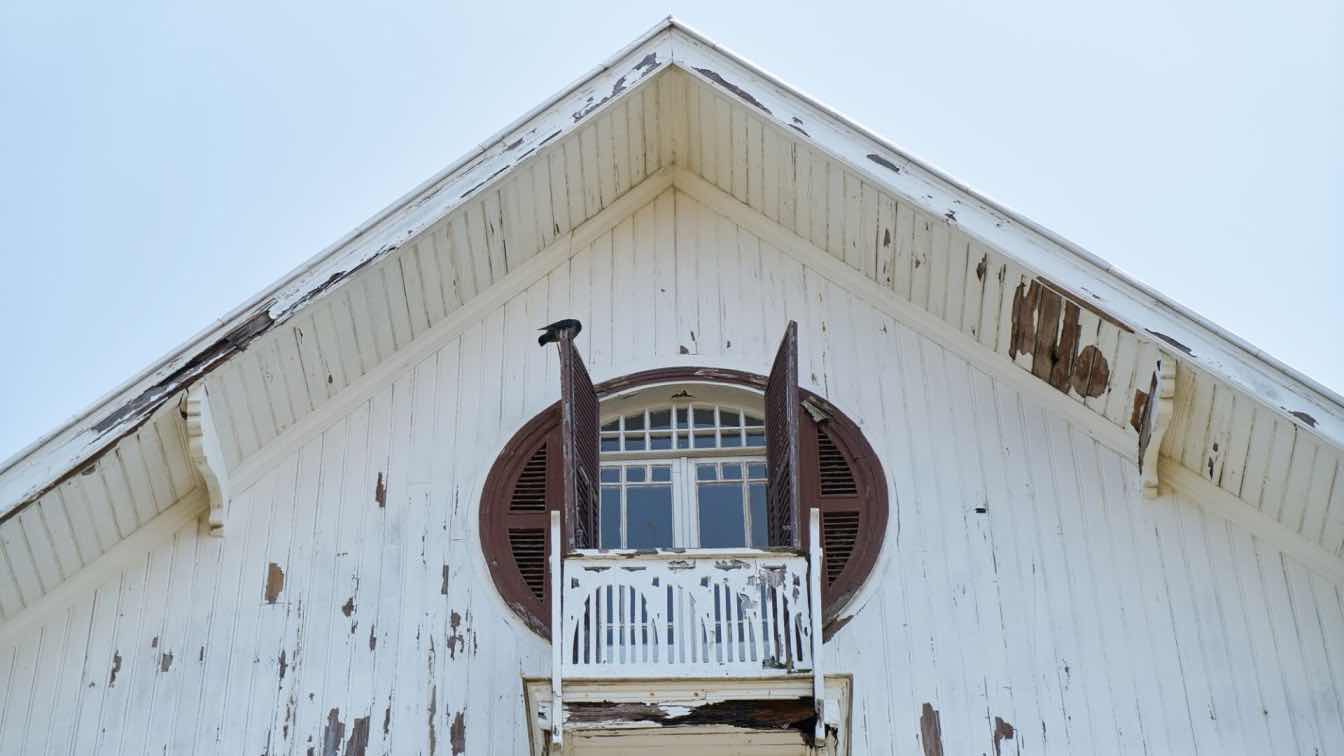For homeowners looking to incorporate sustainability into their home, one of the most popular projects is installing solar panels. These clean energy solutions promise to lower utility bills and reduce environmental impact, but the decision to install them isn’t as straightforward as it might seem. Deciding whether solar panels are the right choice for you requires careful consideration of your home’s structure, your area’s climate, and your long-term goals. Here’s what should you really know before making the switch to solar.
Pros of Installing Solar Panels
Energy Savings
The most obvious reason many homeowners opt for solar panel installation is the energy bill reduction. By generating your own electricity, you can decrease your dependency on the power grid, which means fewer monthly payments to your utility company. These savings can seriously add up, especially in regions with high energy rates.
Positive Environmental Impact
Installing solar panels also minimizes your carbon footprint. Unlike traditional energy sources like coal or natural gas, solar power is clean and renewable, producing no harmful emissions during energy production. Switching to solar energy decreases the demand for fossil fuels, improving air quality and lessening greenhouse gas emissions.
Increased Home Value
Solar panels can substantially increase your home's resale value. Properties equipped with solar energy systems are often more attractive to buyers who are looking for energy-efficient homes. This is because they not only offer future savings on energy bills but also signal to potential buyers that the home is equipped with sustainable features to enhance their life while reducing environmental impact.
Cons of Installing Solar Panels
Steep Upfront Investment
The biggest drawback of solar panels is the upfront cost. Despite recent price reductions in solar technology, the cost of installation still ranges from $18,000 to $43,000 on average. This price varies based on the system’s size and installation requirements. While there are financing plans and incentives available, it’s crucial to weigh whether the long-term savings on energy bills will justify this initial fee.
Dependance on Location and Weather
Solar panels rely on sunlight exposure, so their performance can fluctuate based on the weather where you live. In regions with frequent cloud cover, extended winters, or limited sunshine, your solar panels may not generate as much power, which can prolong the time it takes to recoup your investment.
Ongoing Care and Potential Repairs
While solar panels are generally low maintenance, periodic cleaning is essential to remove dirt, dust, and debris that can reduce efficiency. Furthermore, solar energy systems can experience issues or component failures over time. Should repairs become necessary, these often involve significant costs.
Things to Consider Before Installing Solar Panels
Before committing to solar energy, evaluate whether your home is a good fit for solar panels. Consider factors like available roof space, orientation, and angle, all of which can affect energy efficiency. You’ll also need to review your current energy usage to see if solar will offer the savings you expect.
If you’re replacing old roofing or doing any prep work for the installation, you’ll encounter debris or materials that need to be cleared away. In these cases, renting a roll-off dumpster can streamline the process, helping you efficiently dispose of waste and keep the area clean and ready for the solar panels.
Conclusion
Solar panels can provide long-term savings, increased energy independence, and environmental benefits. However, it's crucial to weigh the upfront cost, your home's location, and ongoing maintenance before making the leap. By considering both the advantages and challenges, you’ll be better equipped to decide if solar panels are the right investment for your home and your long-term sustainability goals.





